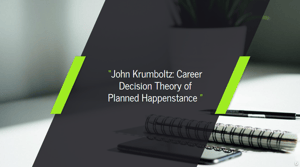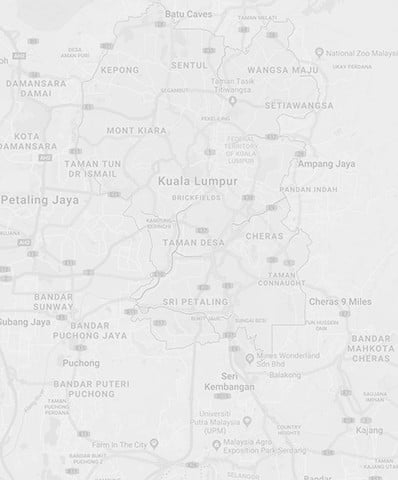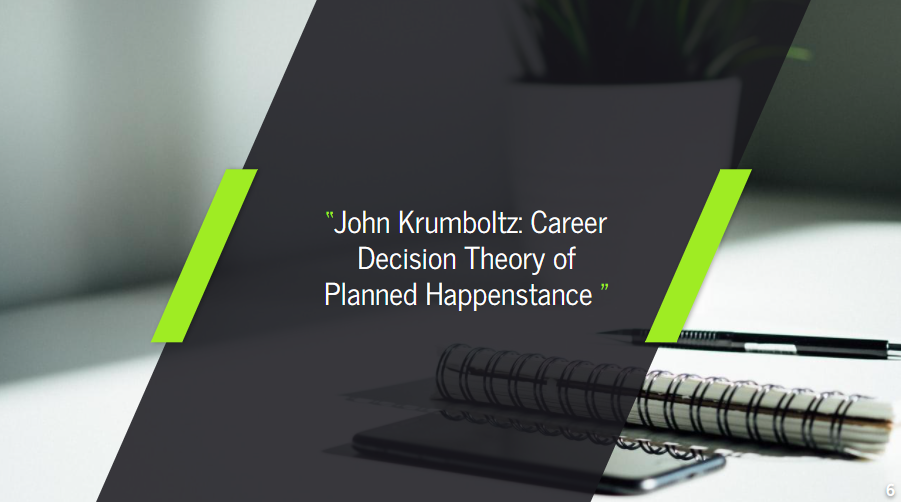Have you heard of the Theory of Happenstance? Our Year 12's have been exploring the Career Decision Theory of Happenstance in their Higher Education lessons and have made some great videos to help us understand more about it.
What is the Theory of Happenstance?
This theory believes the biggest influences on a person's career choice is actually unpredictable social factors, chance events and other factors of which the person has no direct control, and can also include a change of interest and passions. In today's society, Covid and the 4th Industrial Revolution are also good examples of this. Other examples include moving countries unexpectedly, a chance meeting with someone (networking); anything “unplanned”.
In this career decision theory the person deals with these unpredictable events positively by being flexible and open to all the opportunities “things happening” in life that are unplanned can bring,
John Krumbiltz Theory of Happenstance supports students not being fully decided on what they want to do.
Understanding this theory allows students to see this in a positive light and allows then to understand how to benefit from unplanned events, such as Covid, in their career journey. This theory is also relevant for a rapidly changing labour market, not only due to Covid, but also due to the emergence of the 4th industrial revolution and the sheer rapid pace of change in the labour market which is only expected to continue.
 This theory provides a corner stone in how to deal with career choices that students might not feel in control of as the future may seem so uncertain. If the highest figures are to be taken 80% of the jobs students will have available to them when they graduate from University do not exist yet. This career choice theory helps underpin the importance of lifelong learning and skill development, flexibility in the face of change, persistence, and the ability to always gain the best out of unplanned events. It also highlights the importance of continued self-reflection and self-awareness, and increasing social capital by taking advantage of networking opportunities presented throughout life. This theory demonstrates career opportunities are everywhere and students may well go onto a career path they might not have even heard of before the time they graduate from University.
This theory provides a corner stone in how to deal with career choices that students might not feel in control of as the future may seem so uncertain. If the highest figures are to be taken 80% of the jobs students will have available to them when they graduate from University do not exist yet. This career choice theory helps underpin the importance of lifelong learning and skill development, flexibility in the face of change, persistence, and the ability to always gain the best out of unplanned events. It also highlights the importance of continued self-reflection and self-awareness, and increasing social capital by taking advantage of networking opportunities presented throughout life. This theory demonstrates career opportunities are everywhere and students may well go onto a career path they might not have even heard of before the time they graduate from University.
5 ways to deal with Happenstance
- Remaining flexible means you can address a variety of unplanned circumstances and events
- Being optimistic in all circumstances can maximise the benefits from unplanned events.
- Commiting to ongoing learning and skill development means you can adapt to any unplanned events
- By practicing ongoing self-awareness you will have the best knowledge to know where you will be most suited after any unplanned event
- Continuing effective networking utilises social capital after any unplanned events, and can also be an unplanned event in itself
Here's one of our student made videos from Ellie, Brigid, Ranson and Cheng in Y12 that shows what happened when 'Bob' embraced Happenstance.


